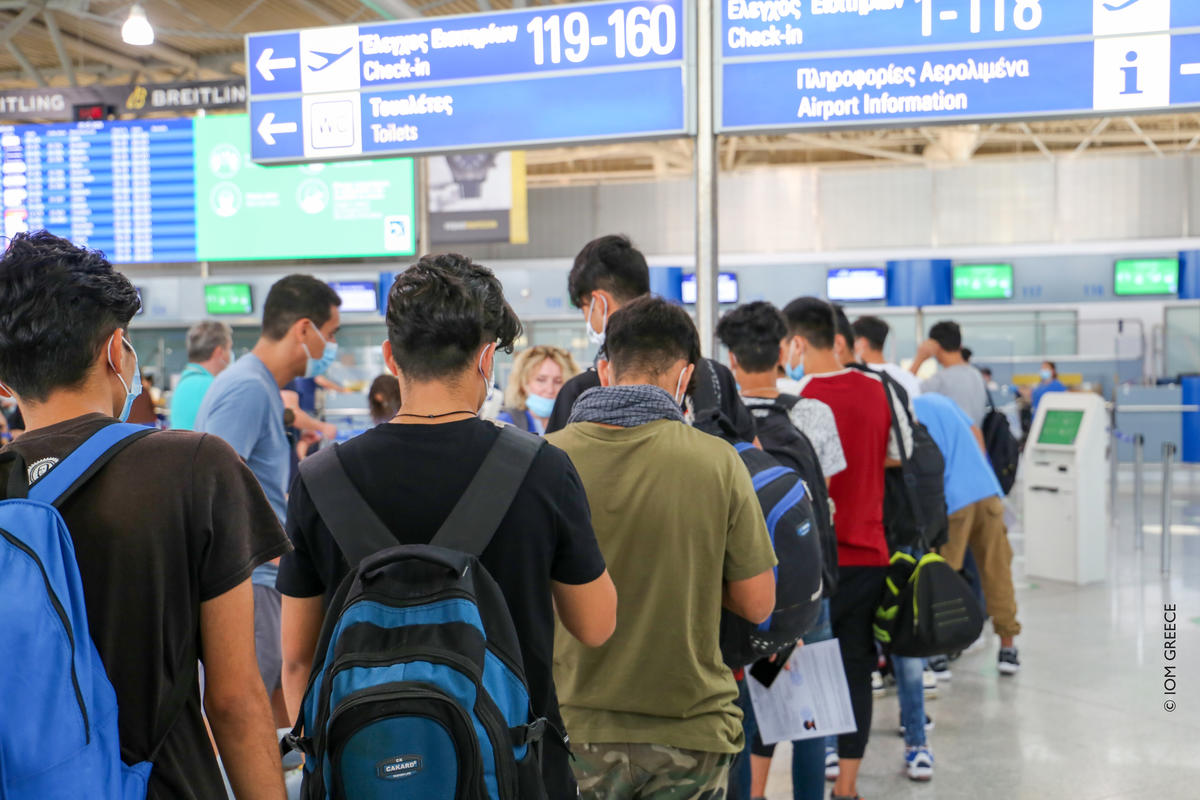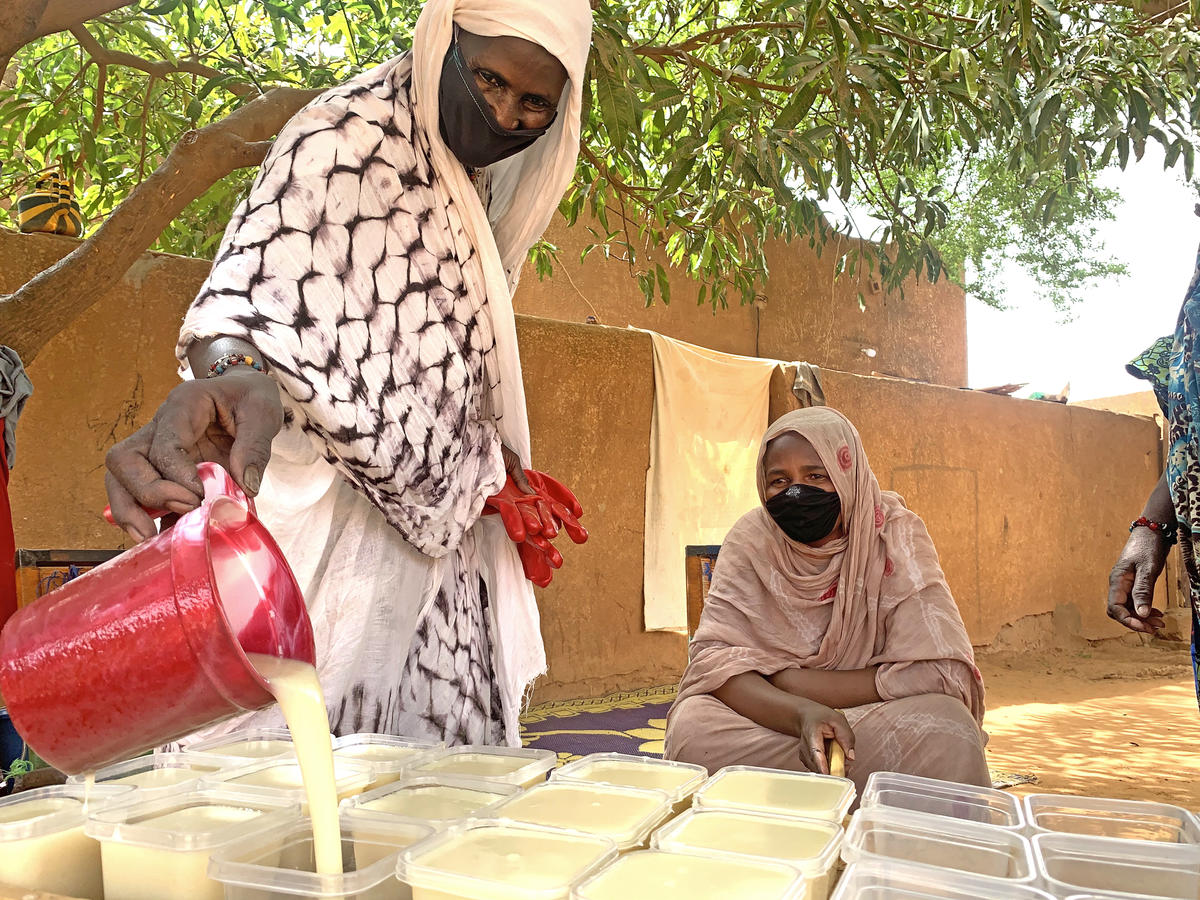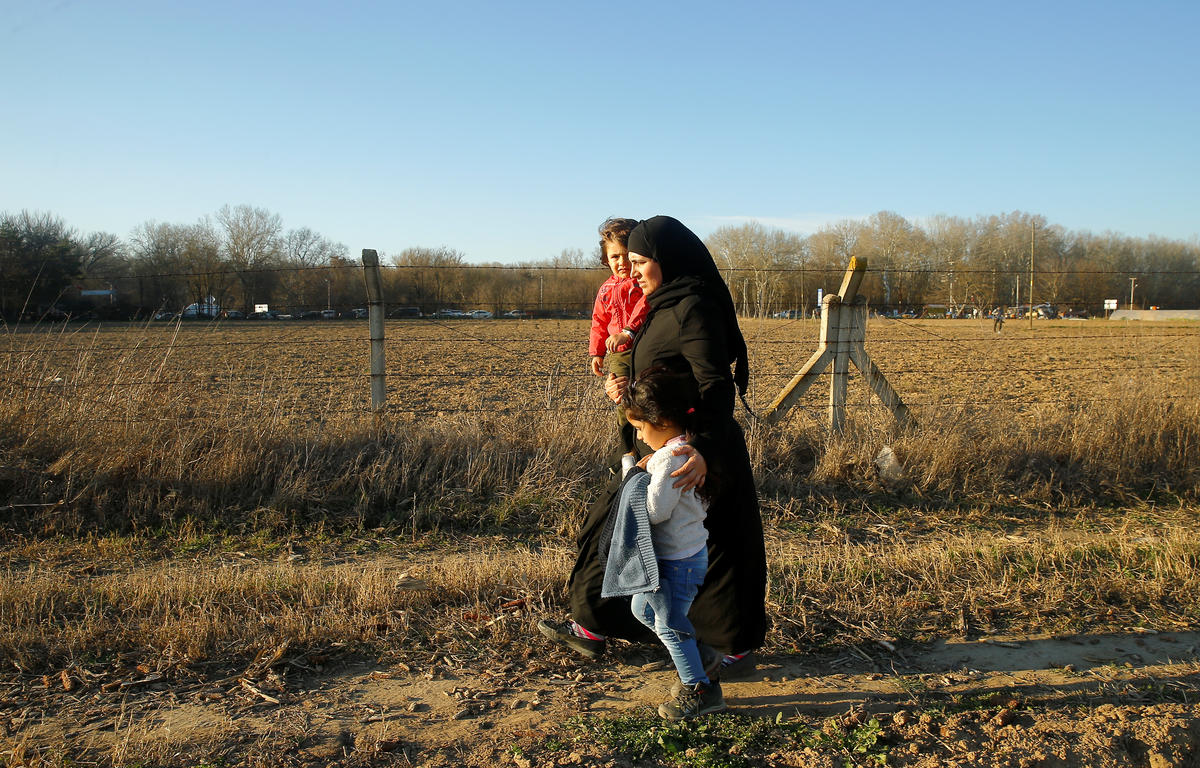At least 100 reported dead, missing in latest smuggling tragedy in Yemen
At least 100 reported dead, missing in latest smuggling tragedy in Yemen
26 March 2007
GENEVA - At least 29 people are confirmed dead and 71 others reported missing after knife-wielding smugglers forced some 450 Somalis and Ethiopians into stormy seas off the coast of Yemen, the UN refugee agency said today.
The incident, the latest in a series of tragedies involving smugglers' boats carrying people across the Gulf of Aden from Somalia, occurred last Thursday along a remote stretch of Yemen coastline at Ras-Alkalb. It brings the total number of dead and missing so far this year in Yemen to 262.
"We are horrified by this latest tragedy," said UNHCR's Assistant High Commissioner for Protection, Erika Feller, who just returned from a five-day mission to Yemen to review the agency's operations in the country. "These brutal smugglers care nothing about the fate of the people they prey upon - both refugees and irregular migrants who are desperate to escape persecution, violence and poverty in the Horn of Africa."
Some of the 293 survivors and other witnesses said four smugglers' boats carrying about 450 passengers approached the coastline early Thursday morning in rough seas and strong currents. The smugglers forced the passengers overboard far from shore. Some of the survivors said those who resisted were stabbed and beaten with wooden and steel clubs, then thrown overboard where some were attacked by sharks. Several recovered bodies showed signs of severe mutilation.
Survivors also reported that several Ethiopian women and at least one Somali were raped and abused by the smugglers during the voyage from Bossaso in Somalia's Puntland region. Survivors also alleged that some Yemeni security forces confiscated their money once they reached shore.
Authorities estimate that 74 Ethiopians and 26 Somalis are either dead or missing. Another 57 Ethiopians reportedly reached shore and quickly dispersed, fearing detention by security forces.
The remaining 293 survivors were taken to UNHCR's Mayfa'a Reception Centre, where they received medical assistance and other aid.
UNHCR records show that some 26,000 people made the perilous voyage across the Gulf of Aden in 2006, and that at least 330 died. Another 300 were reported missing and believed dead. Since the first of this year, at least 4,400 people have landed on the Yemeni coast and at least 166 people have died. Many remain missing. Two more boats carrying 330 Somalis and Ethiopians arrived in Yemen on Saturday, but no casualties were reported.
The latest tragedy occurred just after Assistant High Commissioner Feller's mission to Yemen with the Director of UNHCR's Middle East and North Africa Bureau, Radhouane Nouicer. During their visit, the two UNHCR officials and Yemeni authorities agreed to strengthen cooperation in addressing the plight of the mixed populations of refugees and irregular migrants arriving in Yemen. UNHCR, which operates both a reception centre and a refugee camp in Yemen, will appeal for additional funding and international action to help Yemen in dealing with the ongoing crisis. This would enable the organisation to implement more projects to improve the living conditions and self sufficiency of the refugees in Yemen. UNHCR has offered to support Yemeni authorities in managing the mixed migration flows in a manner which would ensure protection and durable solutions for those who need it, as well as the safe return home for those who do not.
UNHCR and other organisations are also working in the Horn of Africa to encourage authorities to crack down on smuggling and to educate people about the dangers of resorting to smugglers to cross the Gulf of Aden. But Feller said it will take much more international involvement to improve conditions in the regions of origin.
"While we will do all we can to address the humanitarian and protection needs, we fear that until the root causes of poverty, persecution and conflict are addressed, desperate people who have nothing left to lose will continue to risk their lives," she said.









